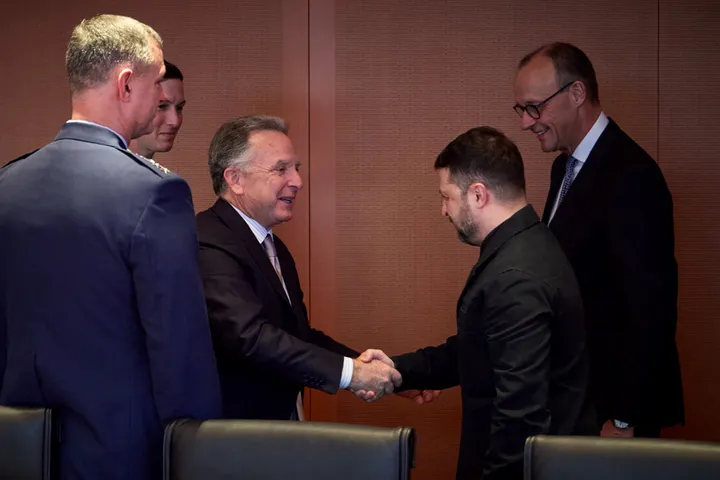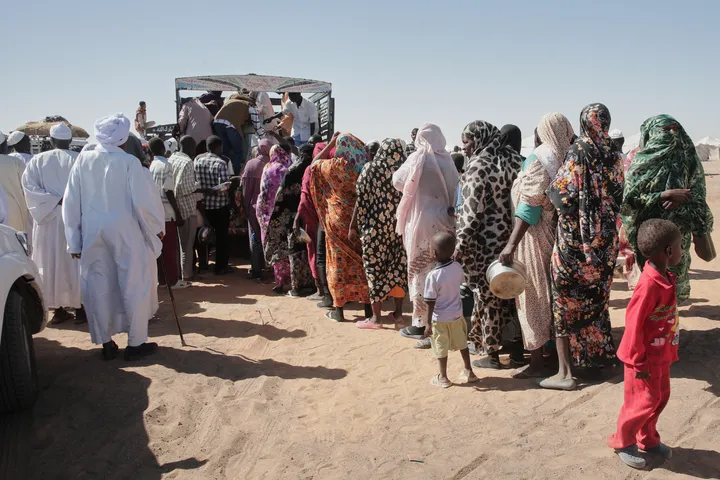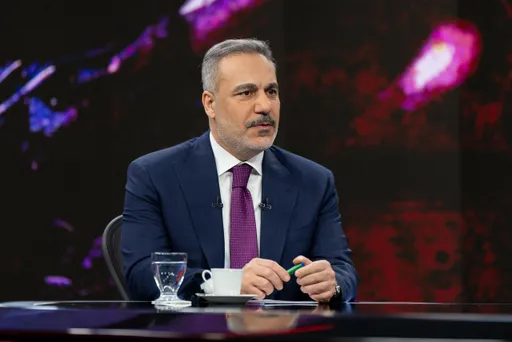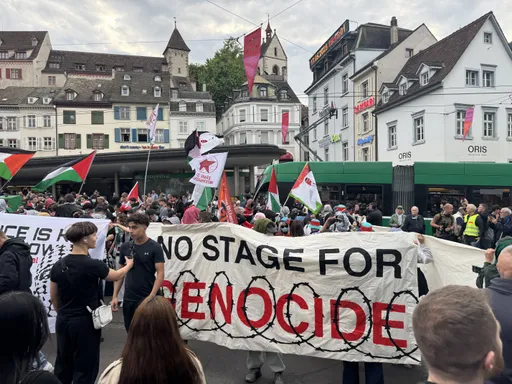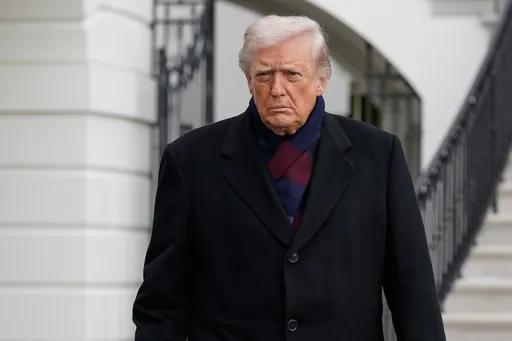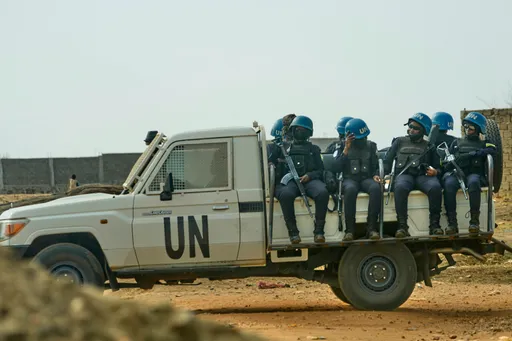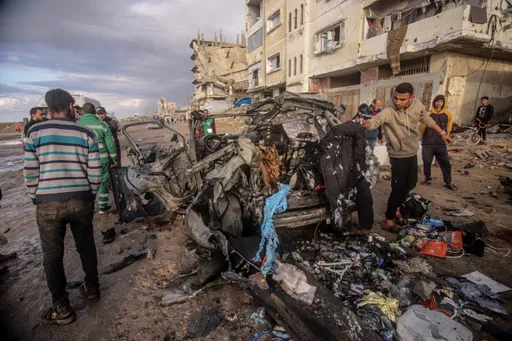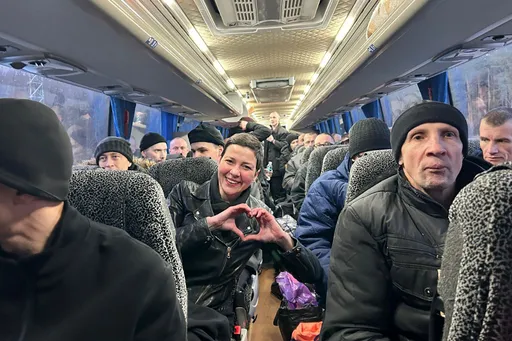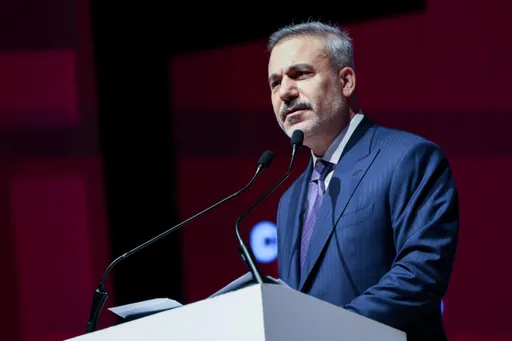At public events and on television, several candidates pointed to a need for more gun restrictions, such as universal background checks.
But they directed much of their criticism at Trump, seeking to draw a link between the shootings in Dayton and El Paso that have left more than two dozen dead and months of presidential rhetoric against immigrants and people of colour.
"There is complicity in the president's hatred that undermines the goodness and the decency of Americans regardless of what party," New Jersey Sen Cory Booker said.
"To say nothing in a time of rising hatred, it's not enough to say that 'I'm not a hate monger myself.' If you are not actively working against hate, calling it out, you are complicit in what is going on."
South Bend Mayor Pete Buttigieg said confronting white nationalist terrorism would be embarrassing for a president who "helped stoke many of these feelings in this country to begin with."
"At best, he's condoning and encouraging white nationalism," Buttigieg said.
Sen Kamala Harris of California also found blame in Trump's use of language, which she said has "incredible consequence."
"We have a president of the United States who has chosen to use his words in a way that have been about selling hate and division among us," she told reporters before attending services at a black church in Las Vegas.
On Sunday, Trump tweeted praise of law enforcement and said that "information is rapidly being accumulated in Dayton" and that "much has already be learned in El Paso." Acting White House chief of staff Mick Mulvaney said he spoke with Trump, whom he described as saddened and angry following the shootings and "wants to do something about it."
Mulvaney called recent shootings a "difficulty" facing the US that "predates this administration by many, many years." He said there should be some public discussion about gun laws as well as the role of social media, but stressed the shooters in El Paso and Dayton are "sick" people, and that "no politician is to blame for that."
In El Paso, authorities were investigating whether the attack was a hate crime after the emergence of a racist, anti-immigrant screed that was posted online shortly beforehand. Detectives sought to determine if it was written by the man who was arrested. The border city has figured prominently in the immigration debate and is home to 680,000 people, most of them Latino.
In Dayton, the suspected shooter was shot to death by responding officers. Authorities said the shooter was carrying a .223-caliber rifle and had additional high-capacity magazines. No motive has been given for the attacks.
Former Texas congressman and El Paso native Beto O'Rourke said that Trump is a white nationalist. O'Rourke said El Paso "will overcome this," as he called for universal background checks, ending the sale of weapons of war into communities and red flag laws.
"We've got to acknowledge the hatred, the open racism that we're seeing," O'Rourke said. "There's an environment of it in the United States. We see it on Fox News, we see it on the internet. But we also see it from our commander in chief and he is encouraging this. He doesn't just tolerate it, he encourages it."
Julian Castro, who previously served as San Antonio mayor and US housing secretary, described "a very toxic brew of white nationalism," and called on Trump to "to try and unite Americans instead of fanning the flames of bigotry." He pointed as well to the high rates of gun ownership in Texas, saying "the answer is not more people with guns."
Mulvaney spoke on ABC's "This Week," O'Rourke and Buttigieg appeared on CNN's "State of the Union," and Booker and Castro were on NBC's "Meet the Press."


